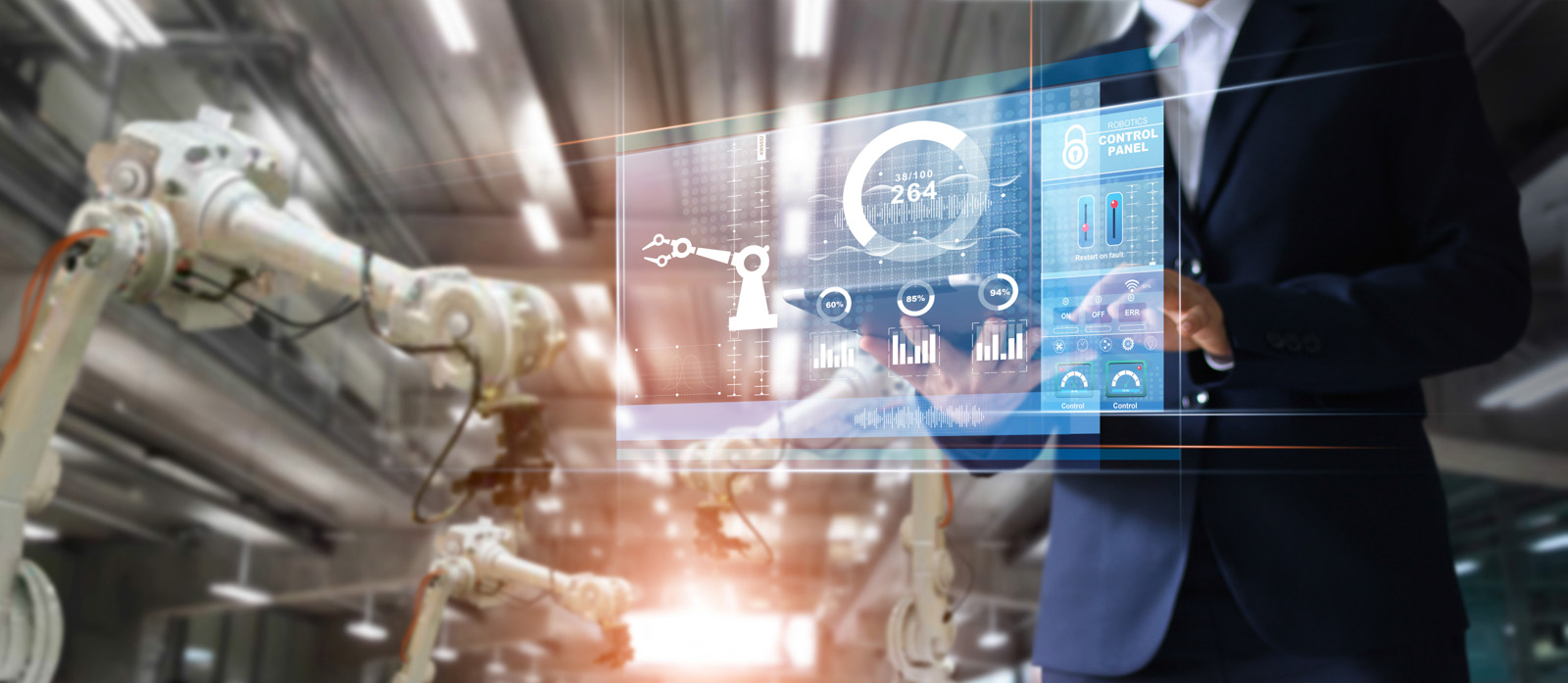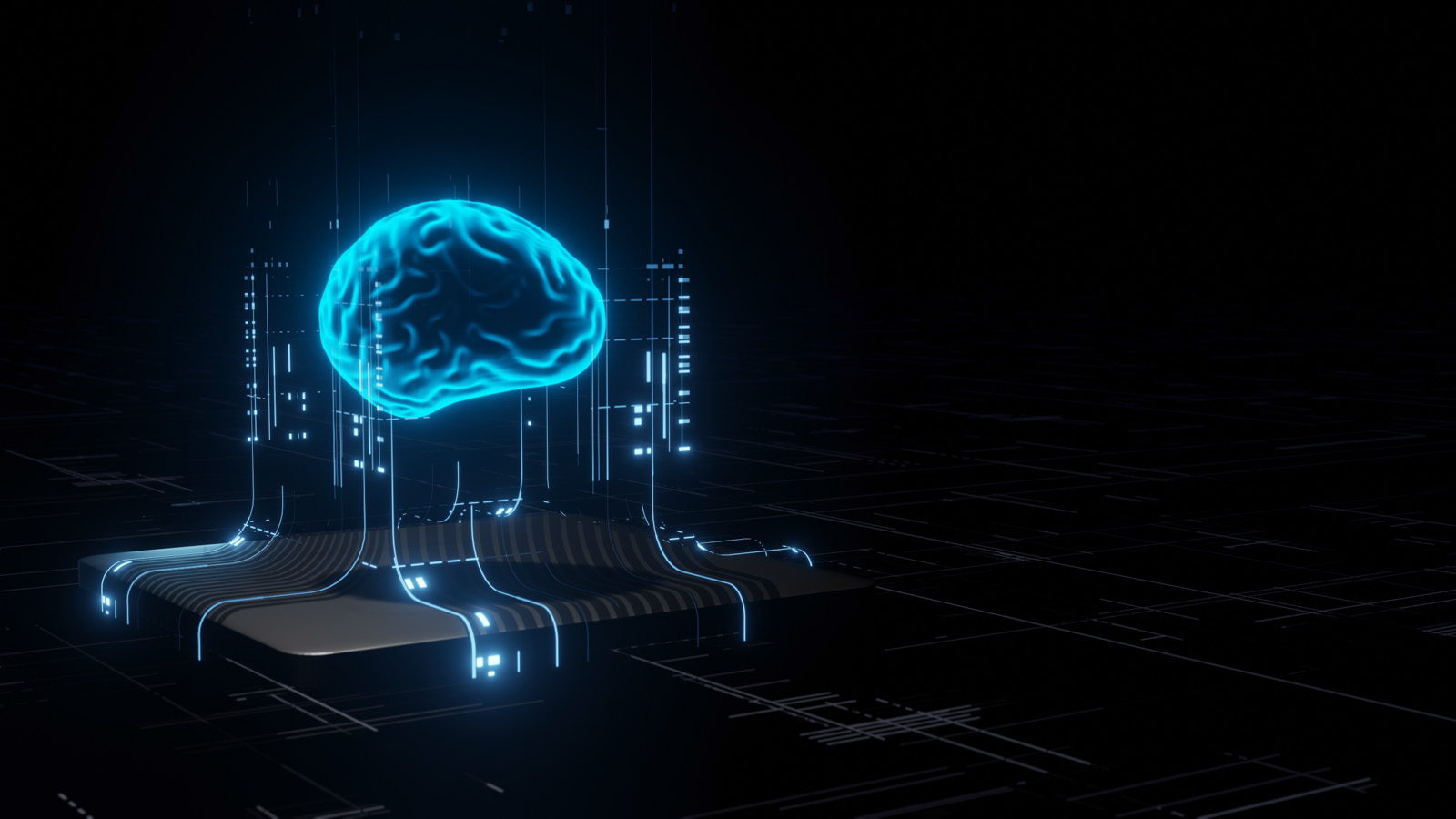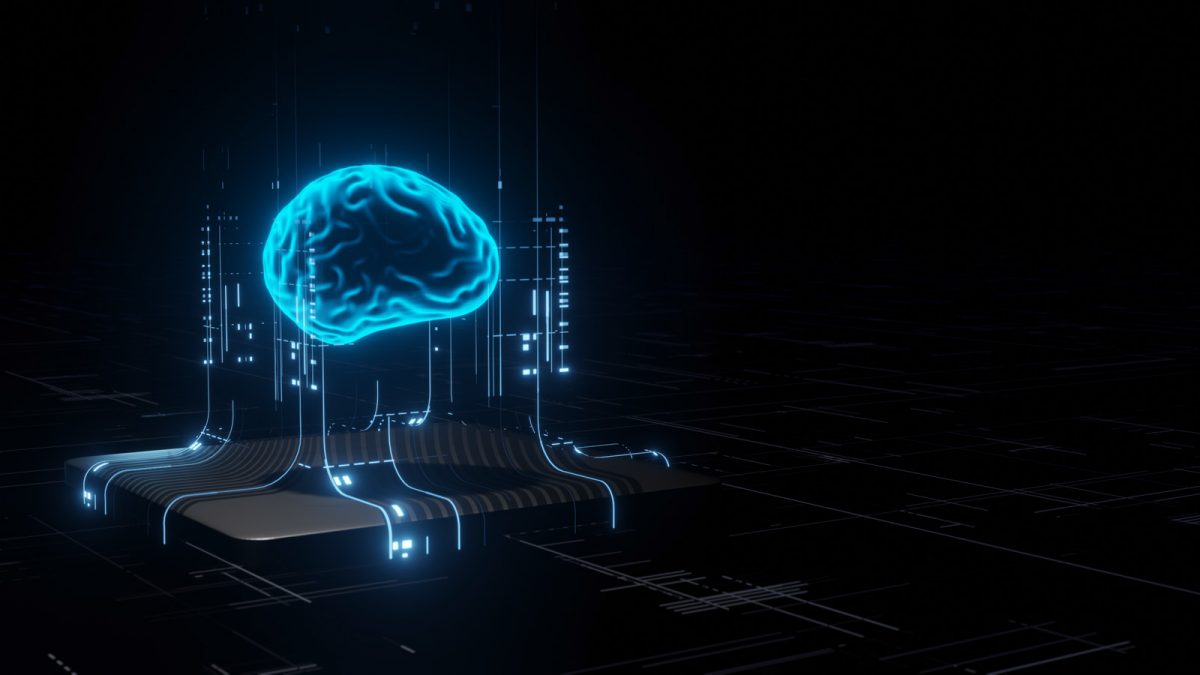Not even the two successful entrepreneurs and people considered to be the most influential leaders in the world of technology – Jack Ma from Alibaba and Elon Musk, the owner of Tesla, could agree on this issue during a panel held at the World AI Conference in 2019, in Shanghai, so it is unlikely that we will offer you an unambiguous answer to the above question in this blog.
But our aim is to encourage you to reflect and further explore this topic because Artificial Intelligence (AI) is already present and is increasingly affecting our lives.

What is the definition of “Artificial Intelligence”?
The fact that even scientists dealing with Artificial Intelligence have not agreed on the definition of AI speaks enough about the complexity of the topic, so it still does not officially exist.
In general, the term “Artificial Intelligence” refers to the ability of a device / machine to mimic human activities such as making decisions and solving problems, learning, planning and creativity. At the same time, it is a field of computer science that deals with the development and study of such systems and their practical use.
History of AI
The term “Artificial Intelligence” as a concept appeared in 1950 and until 1980 there were no significant shifts in its development and use. In 1980, the so-called “Machine Learning” appeared.
The first publicly known example of the application of artificial intelligence occurred in 1997 in chess games between IBM’s Deep Blue computer and world chess champion Gary Kasparov, where for the first time a machine proved better than a man.
In 2010, “Deep Learning” appeared, and topics related to AI became extremely topical due to the fact that with the digital transformation of society, the amount of available data that can be processed has never been higher. In 2018, it is estimated that 2.5 quintillion (quintillion 10 to 30 – or 10 with thirty zero) bytes are generated every day worldwide, and 90% of all data in the world has been created in the last 2 years. Also, the availability of computer systems that can process all data faster and with greater accuracy than humans has a great impact.
Machine Learning vs. Deep Learning
Machine Learning is a subfield of AI, and is based on a neural network, which is a network of algorithmic calculations that tries to mimic the perception and thought process of the human brain. Basically, a neural network consists of the following:
- An input level – where data enters the network
- At least one hidden level, at which machine learning algorithms process input data
- An output layer, where various conclusions of different degrees of reliability emerge.

Deep Learning is a subfield of Machine Learning, and the term “depth” within Deep Learning refers to the complexity of the mathematical model. The models are based on deep neural networks – neural networks with multiple hidden layers (minimum three), each of which further refines the conclusions of the previous layer.
Types of AI
- Weak Artificial Intelligence also called Narrow Artificial Intelligence or Artificial Narrow Intelligence (ANI) – is AI trained and focused to perform specific tasks. Weak AI drives most of the artificial intelligence that surrounds us today.
- Strong Artificial Intelligence, also called Artificial General Intelligence (AGI), is a AI that fully replicates the autonomy of the human brain – artificial intelligence that can solve many types of problems and even choose the problems it wants to solve without human interventions. AGI is still entirely theoretical, with no practical examples in use today.

How AI is used in our everyday life
As we mentioned earlier, examples of AI are everywhere around us today, and here are some of the most common examples:
- Autonomous cars, delivery robots, drones and autonomous ships
- Content recommendations – on Facebook, Twitter, Instagram and other social networks, online ads, music recommendations on Spotify and movie recommendations on Netflix and other online Streaming content services, Internet search engines like Google, etc. – are all places we come across every day to information, and most of them are personalized and tailored to our habits and needs
- Digital Assistants such as Siri, Cortana, Alexa or Croatian Andrija
- image and video processing, face and voice recognition systems
- Uber and other similar ride-share services use artificial intelligence to match up passengers with drivers to minimize wait times, and to provide more accurate estimates of arrival times, etc.
- Photo-recognition of ads – an innovative product of the croatian advertising platform “Njuškalo” where the application of AI in the mobile application made it easier for users to quickly classify objects from the photo into the appropriate category of ads.
For those who want to know more about AI
A large number of various free courses related to the topic of artificial intelligence are available on the Internet, but currently one of the most popular courses in Croatia is certainly the course within the project “Elements of AI – a free online course about the basics of AI”.
“Elements of AI” was developed by the University of Helsinki and the technology company Reaktor.
The coordinator of the project in Croatia is the CroAI association, which initiated it in cooperation with the agency 404 and the University of Zagreb.
The course is available at the website: https://www.elementsofai.com/hr/
No prior knowledge of AI is required for this educational program. It is completely free for students and is available in Croatian language, and each student receives an AI certificate at the end of course.
In a very short period of time, more than 15,000 students passed it.
You can also find more information about AI at CroAI website: https://www.croai.org/
CroAI is the Croatian Artificial Intelligence Association, was founded in December 2019 and brings together leading companies and startups in the field of AI in Croatia. CroAI seeks to position Croatia as a country of unique opportunities for the development of artificial intelligence.
Some of the famous quotes about artificial intelligence:
“Success in creating AI would be the biggest event in human history. Unfortunately, it might also be the last, unless we learn how to avoid the risks.”
(Stephen Hawking)
“AI is a tool. The choice about how it gets deployed is ours.”
(Oren Etzioni)
“Emotions are an essential part of human intelligence. Without emotional intelligence, AI is incomplete.”
(Amit Ray)
“With artificial intelligence we are summoning the demon.”
(Elon Musk)

